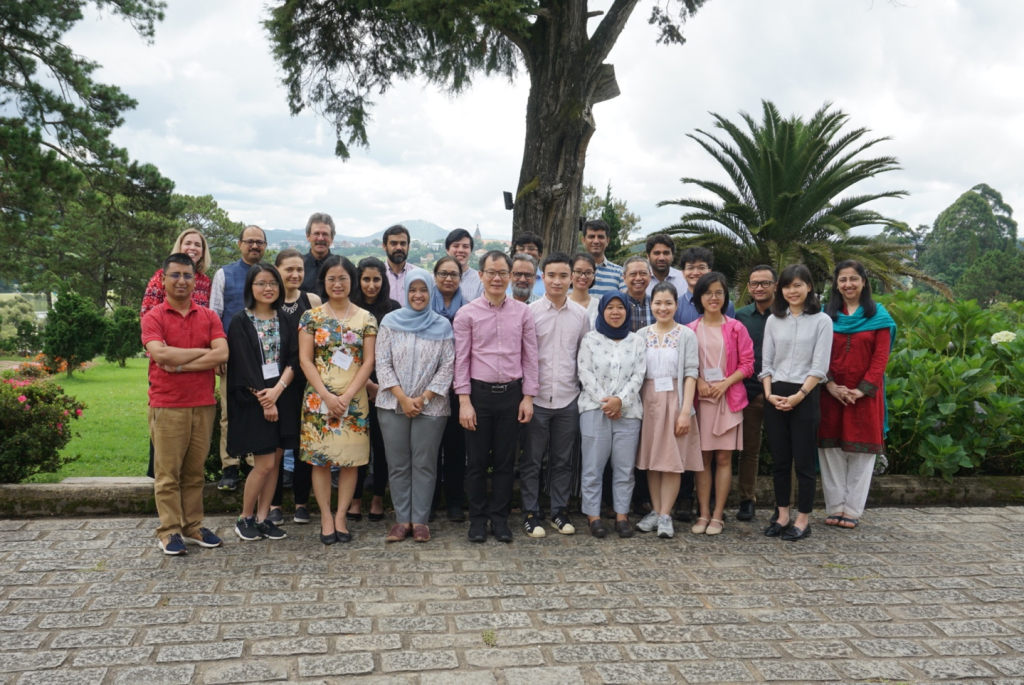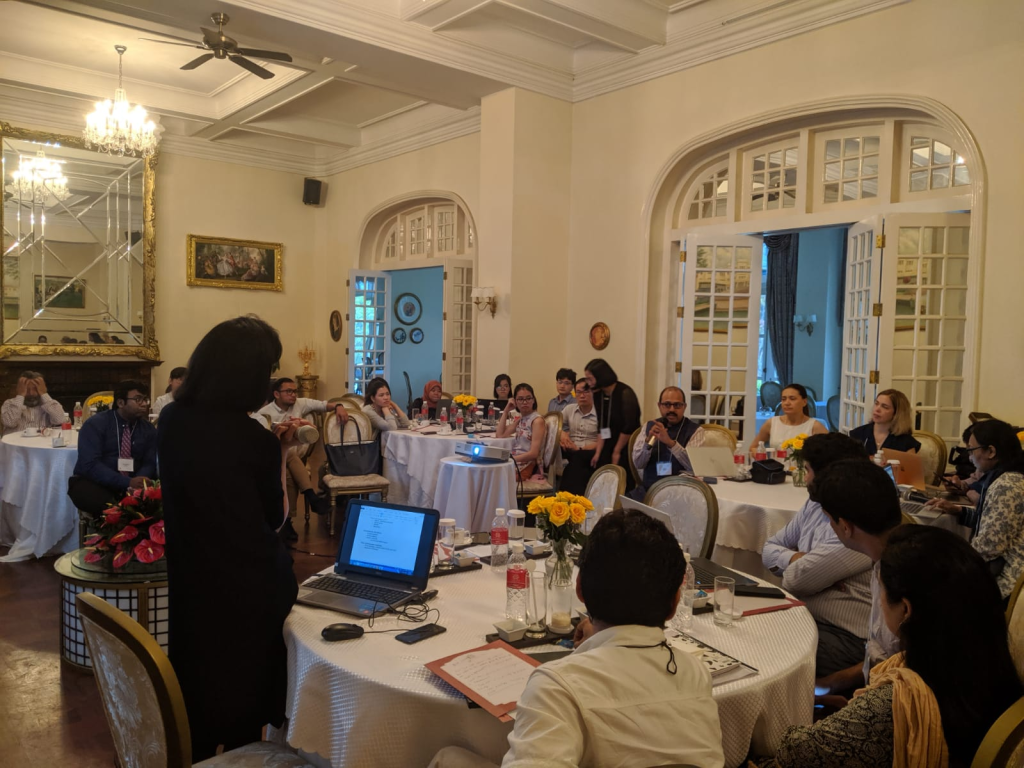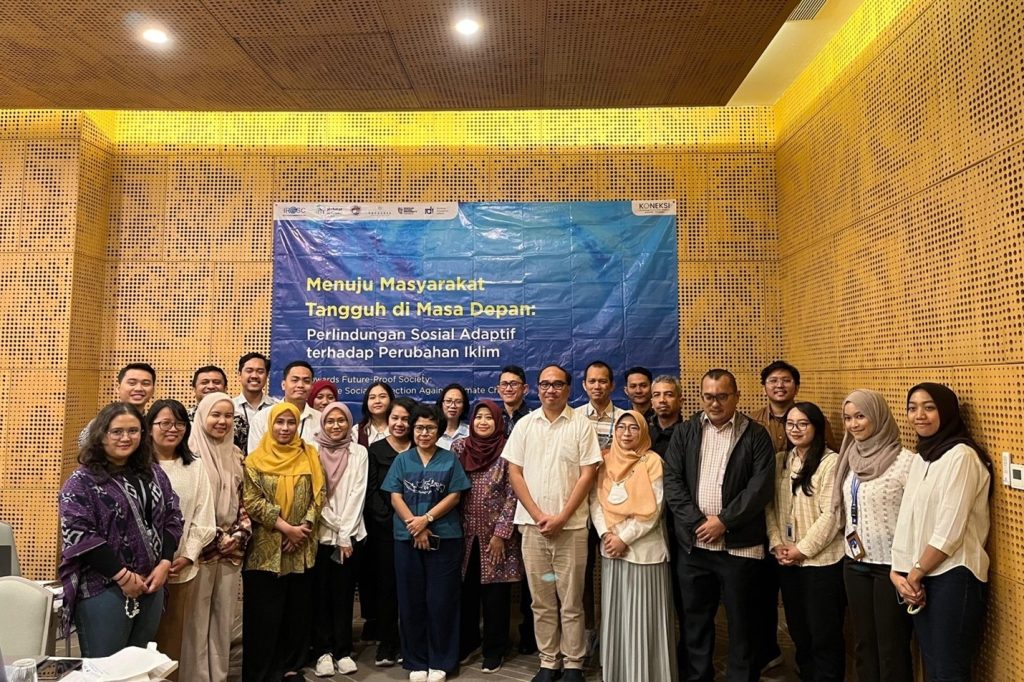Tobacconomics, a grant-funded research initiative of the University of Illinois at Chicago (UIC), welcomes five new research partners to build the evidence base for effective tobacco tax policies in low- and middle-income countries. The new partners include: the Center for Indonesia’s Strategic Development Initiatives (CISDI) in Jakarta, Indonesia; the Ark Foundation in Dhaka, Bangladesh; Centro de Investigación Económica y Presupuestaria (CIEP) in Mexico City, Mexico; Universidade Católica de Brasília (UCB) in Brasilia, Brazil; and El Centro de Estudios Distributivos Laborales y Sociales Argentina (CEDLAS) in Buenos Aires, Argentina. In addition to the new partnerships, Tobacconomics is also pleased to announce the continuing work with partners from the Americas, South and Southeast Asia, and the Southeastern Europe regions.
In coordination with Tobacconomics, the partners will launch research on multiple aspects of tobacco taxation. In Southeast Asia, CISDI will estimate the tobacco-related health costs paid by Indonesia’s national health insurance system. In South Asia, the ARK Foundation will model the economic and health impacts of tobacco tax increases using data from the Global Adult Tobacco Survey. The Pakistan Institute for Development Economics (PIDE) will conduct a survey to estimate the health and economic cost of tobacco use in Pakistan. The Social Policy and Development Centre (SPDC), also from Pakistan, will investigate under-reported tobacco production and conduct a macroeconomic impact analysis of tobacco tax increases. In Vietnam, the Development and Policies Research Center (DEPOCEN) will measure behavioral responses to alternative cigarette prices and conduct a supply-side examination of the tobacco industry.
The work in the Americas spans three countries with four institutions. Centro de Investigacion en Alimentacion y Desarrollo (CIAD) will estimate the impacts of tobacco taxation on poverty and inequality in Mexico using the LATINMOD public finance simulation platform, while CEDLAS, UCB and CIEP are conducting an extended cost-benefit analysis to understand the distributional impacts of tobacco taxation in Argentina, Mexico and Brazil, respectively.
The consortium in Southeastern Europe, led by the Institute of Economic Sciences (IES) in Serbia, will undertake research on smokers’ behavioral responses to tax increases and conduct a survey in the region on prevalence and tax evasion and avoidance. The members engaging in the project in addition to IES are: Development Solutions Associates (DSA) in Albania; Center for Project Management and Entrepreneurship, Faculty of Economics, University of Banja Luka in Bosnia & Herzegovina; D+ in Kosovo; Analytica in Macedonia; and the Institute for Socio-Economic Analyses in Montenegro.
In total, the partnerships this year include 15 think tanks in 13 countries.
“We are excited to work with both new and continuing partners for the upcoming year. All partners will focus on generating economic evidence to inform the development of effective tax policy to reduce tobacco use, save lives and mobilize government revenues,” said Frank Chaloupka, director of Tobacconomics, professor of health policy and administration at the UIC School of Public Health and research fellow of the UIC Institute for Health Policy and Research.
These partnerships are funded by grants to UIC from the Bloomberg Philanthropies.




Source: Tobacconomics



